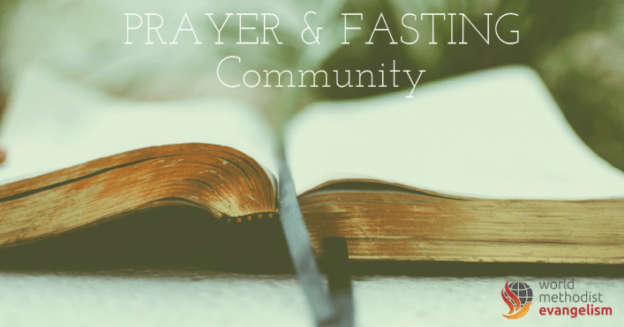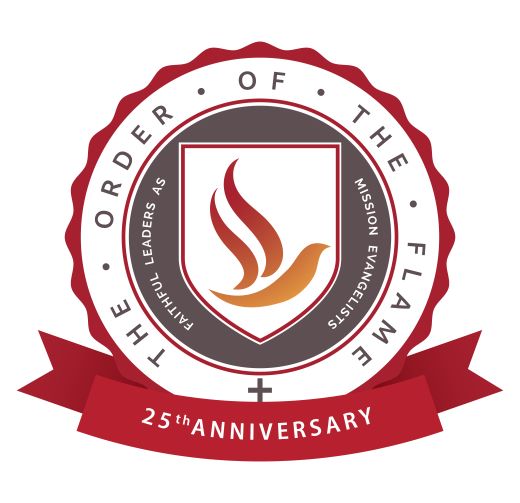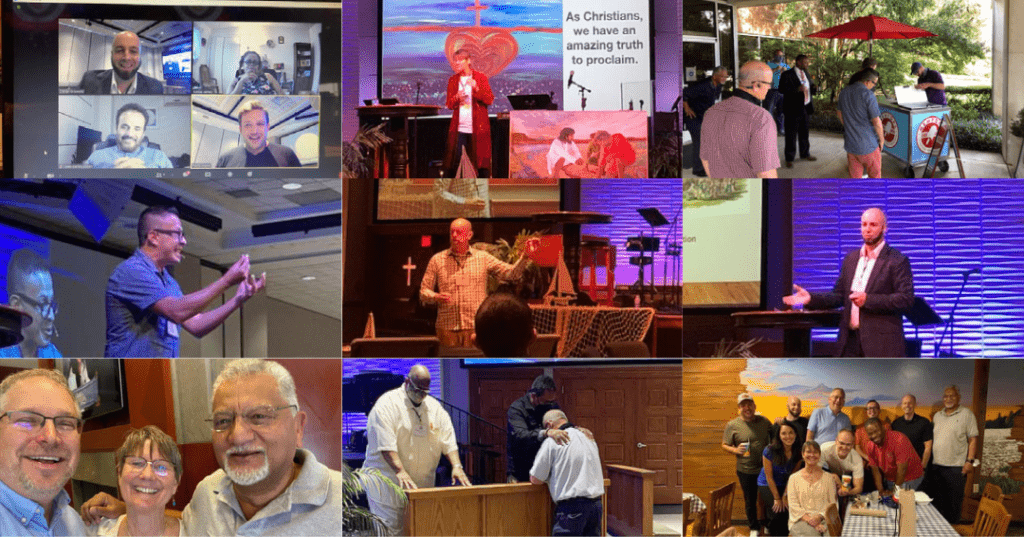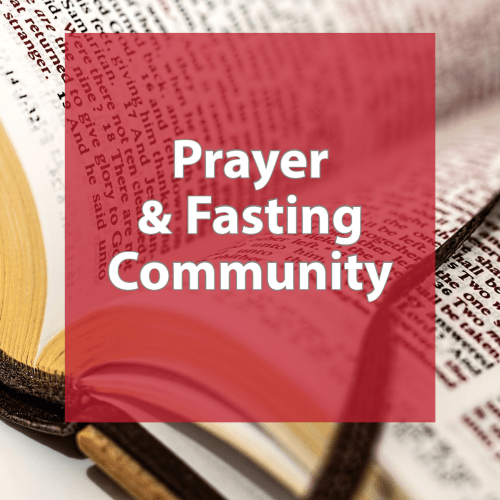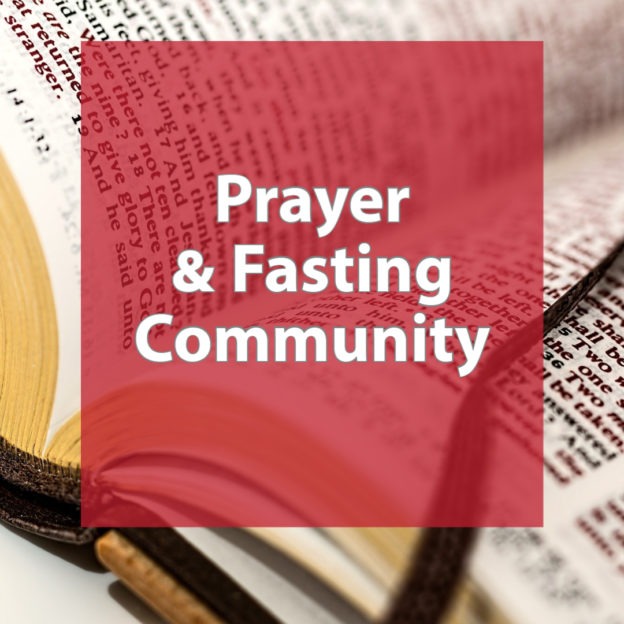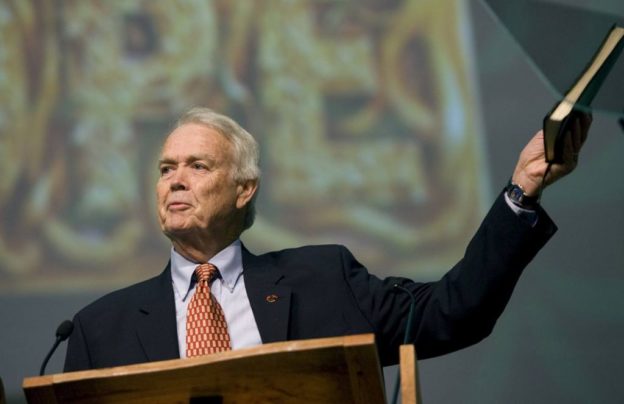Scripture Focus:
For I was hungry, and you fed me. I was thirsty, and you gave me a drink. I was a stranger, and you invited me into your home. I was naked, and you gave me clothing. I was sick, and you cared for me. I was in prison, and you visited me. (Matthew 25:35-36, NLT)
This month we return to our reflections on Scripture as the word, breath, and path of God. Though these are important concepts, we must be careful how we use these ideas about God’s Word. Many of us have been deeply hurt by those who would use Scripture as a hammer, thumping others on the head and heart with “the Word of God.” Preachers sometimes proclaim that the Bible is absolute truth, but what their unspoken message is that is that they themselves have absolute truth. Such unspoken messages wouldn’t be as difficult to bear if they didn’t so often result in the “absolute truth” being used to alienate, tear down, and oppress. The problem with claiming that we possess absolute truth is that no human being can ever completely grasp absolute truth. Only God can contain absolute truth. We are simply not big enough.
That means that rather than wondering if we possess absolute truth, the better question is, Does absolute truth possess us? That leads us in a much more helpful direction, because if absolute truth possesses us, our focus won’t be on quoting and memorizing and hammering the hearts and heads of others with words contained in Scripture. Instead, we will be single-minded in our desire to demonstrate the power of God’s Word in the world. If absolute truth possesses us, others will know it because they will be able to see it in our actions. The proof is never found in how much Scripture we know; the proof will always be found in our actions toward people.
Though we have only just celebrated Easter, I’m reminded of the controversy that arose years ago around Christmas in my small midwestern town in the United States. The county government enacted an ordinance that limited the display of a creche on the lawn of our courthouse. For years after that ruling, every Christmas Christian folk would write letters to the newspaper expressing outrage at the secularization of this most important holiday. And each year I would wonder where, in the metaphorical sense, was the creche on the front lawn of these people’s personal lives? How could they proclaim Christ as the “reason for the season” when their words were so shrill and even hurtful?
Following Jesus is not simply a matter of mastering God’s word. Following Jesus is about incorporating God’s word into our daily lives so deeply that we become a channel of God’s love in the world. In Matthew 25 Jesus tells us that in the end it will be the power of God’s love expressed through our actions that carries the day, not our knowledge of Scripture.
“When did we ever see you hungry and feed you? Or thirsty and give you something to drink? Or a stranger and show you hospitality? Or naked and give you clothing? When did we ever see you sick or in prison and visit you?” And the King will tell them, “I assure you, when you did it to one of the least of these my brothers and sisters, you were doing it to me!” Matthew 25:37-40 (NLT)
Absolute truth will possess us when we begin to live God’s word rather than simply read God’s word. Yet this is almost impossible to do alone. We human beings have an incredible flair for rationalization. We have proven time and again that we can (and will) make the Bible say whatever we want it to say. That is why the Christian community is so important. In my own personal journey, I need the community to help me understand God’s Word and transfer it to my daily living. I need it to guard me against tuning the gospel of Jesus Christ into the gospel of me. The community of faith, particularly a small group, provides us with sounding boards, giving us important confirmation – or significant words of caution – as we seek to live out what we read in God’s Word.
As you pray and fast this month, I am praying that you would continue to immerse yourself in Scripture. That you would surround yourself with fellow travelers on your spiritual journey for guidance and encouragement. And most importantly, that absolute truth would take possession of you so that you might be a channel of God’s love in this world.
